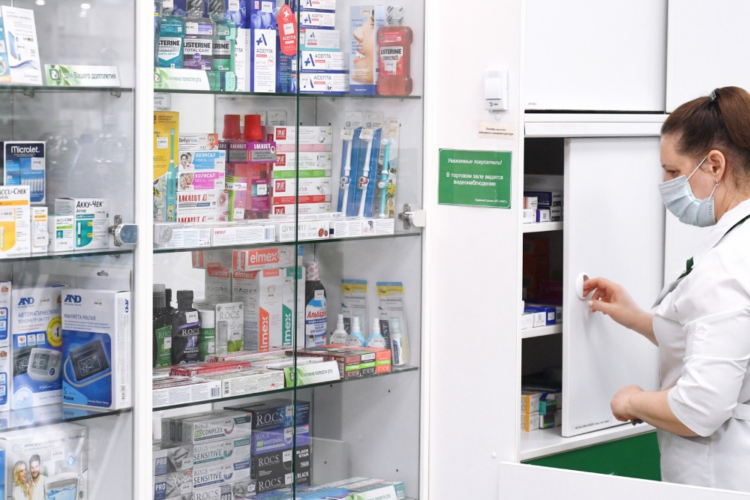The Ministry of Health has defined criteria for prescribing drugs not registered in the Russian Federation
Published: by .

The Ministry of Health proposed to specify the procedure. Public discussion of the draft document has begun.
Until now, when prescribing an unregistered drug, the commission was guided by rather general considerations – the drug was prescribed with the wording "for vital indications". In practice, this meant that the drugs available in Russia were ineffective for the patient or caused an allergic reaction.
"In the new order, it was decided to specify the list of criteria. The medical commission will be able to prescribe an unregistered drug if the patient's condition has not improved with the previous therapy or continues to worsen; if there is no alternative non-drug therapy; in the presence of individual intolerance to the previous drug, and also if there are no other registered analogous drugs in Russia that are suitable for the indications," Alexey Fedorov, a lawyer for the All-Russian Union of Patients, explained to Rossiyskaya Gazeta.
For now, according to the expert, it is difficult to objectively assess how the situation of patients will change with the change in the order.
"On the one hand, the emergence of clearly defined criteria for prescribing a drug will make doctors' work easier – if something happens, they will not have to explain why they decided to change the patient's therapy. Transparent formulations are always better than vague ones. In addition, a protocol for prescribing a drug can facilitate its import into the country if the patient's family decides to buy it themselves.
Finally, having a documented list of criteria for prescribing innovative treatment to patients who have been refused will make it easier to defend their rights in court. All of these are positive aspects. But there is another side to the issue. There is a risk that before an innovative drug that has not yet "reached" Russia is prescribed, the patient will have to try all possible conditionally suitable drugs available in our country. This may delay the search for the most effective treatment regimen and harm the patient," noted Alexey Fedorov.
The expert also drew attention to another circumstance. The draft order does not specify the mechanism for prescribing off-label drugs (i.e. not for indications included in the instructions). This happens, for example, when, as a result of ongoing research, the list of pathologies for a new drug is expanded – and in foreign countries this has already been done and formalized, but not yet in Russia.
Or if only "adult" medicine in large doses is registered in Russia, but a child needs to be treated. For example, pediatric oncologists are often forced to resort to off-label prescriptions, prescribing medicines registered only for adult patients.
"This problem also needs to be addressed," the lawyer concluded.
Comments